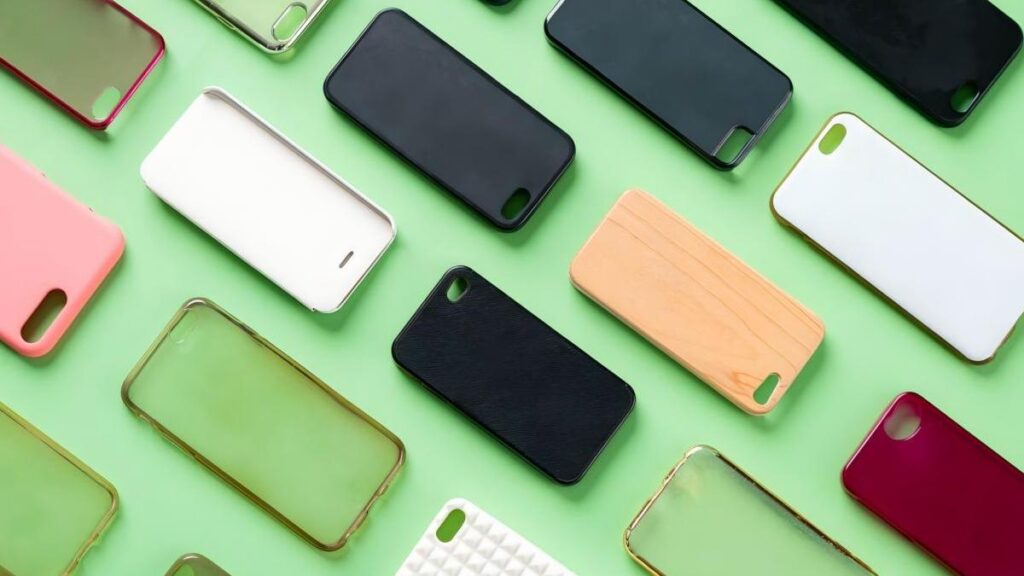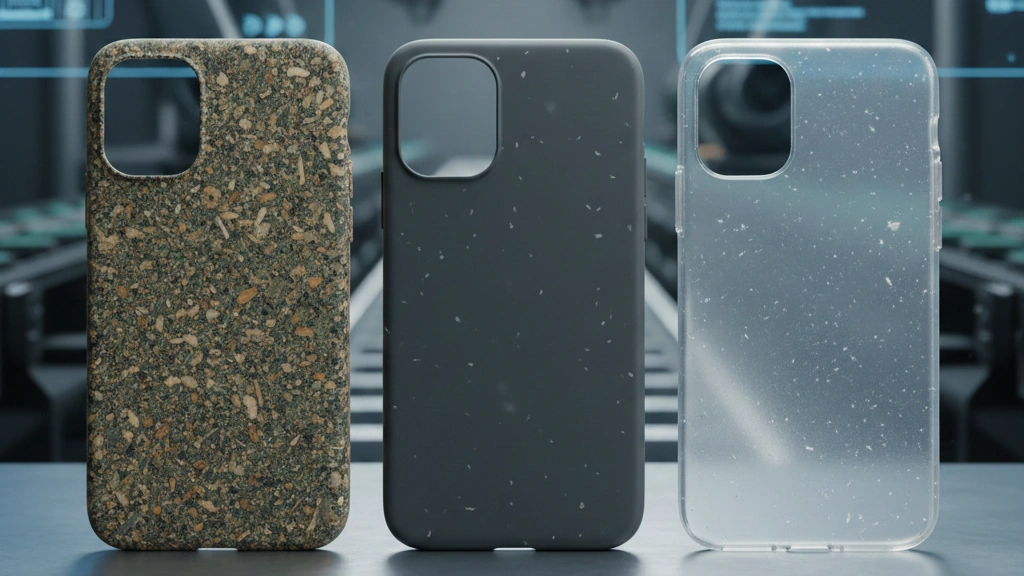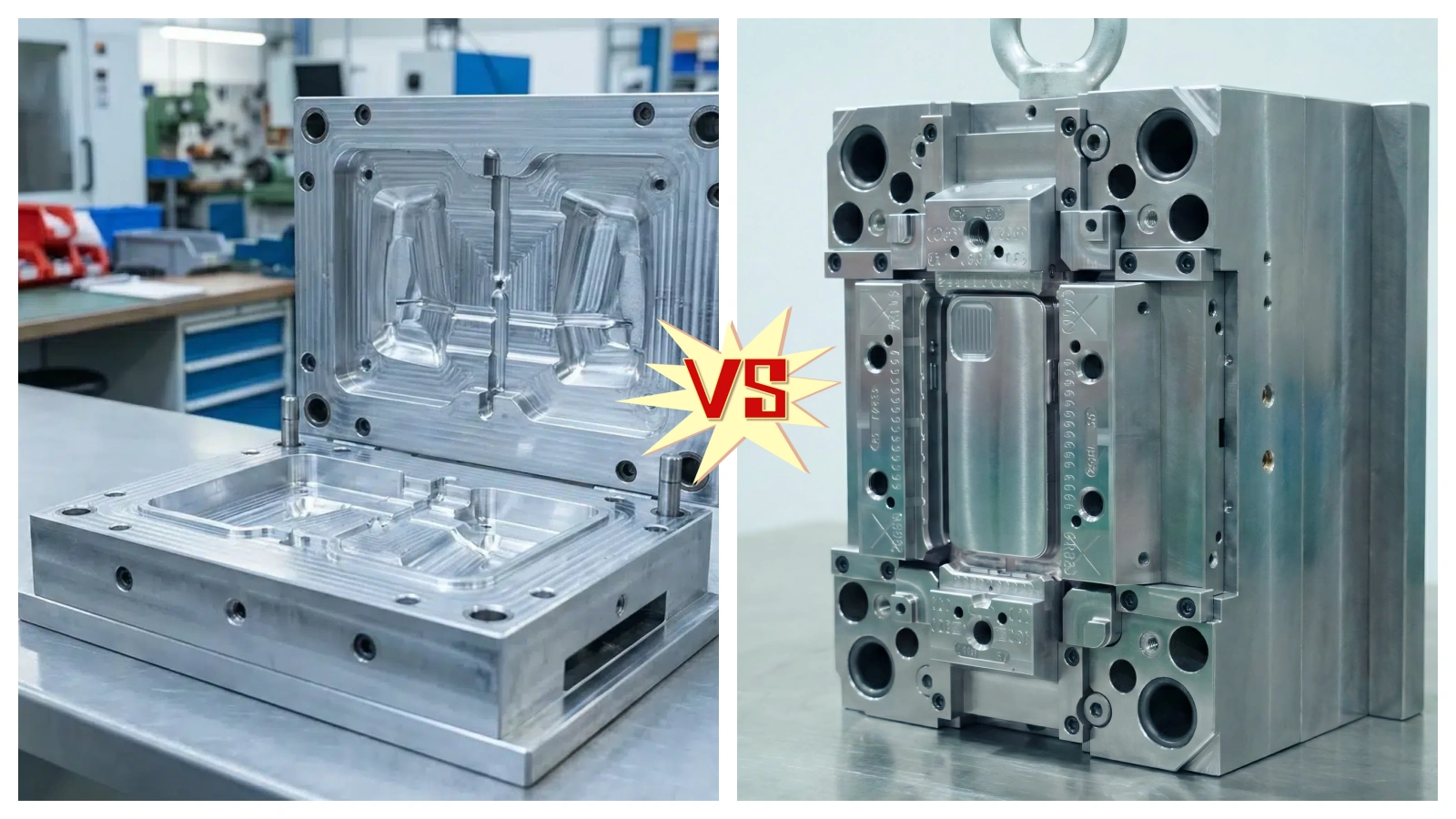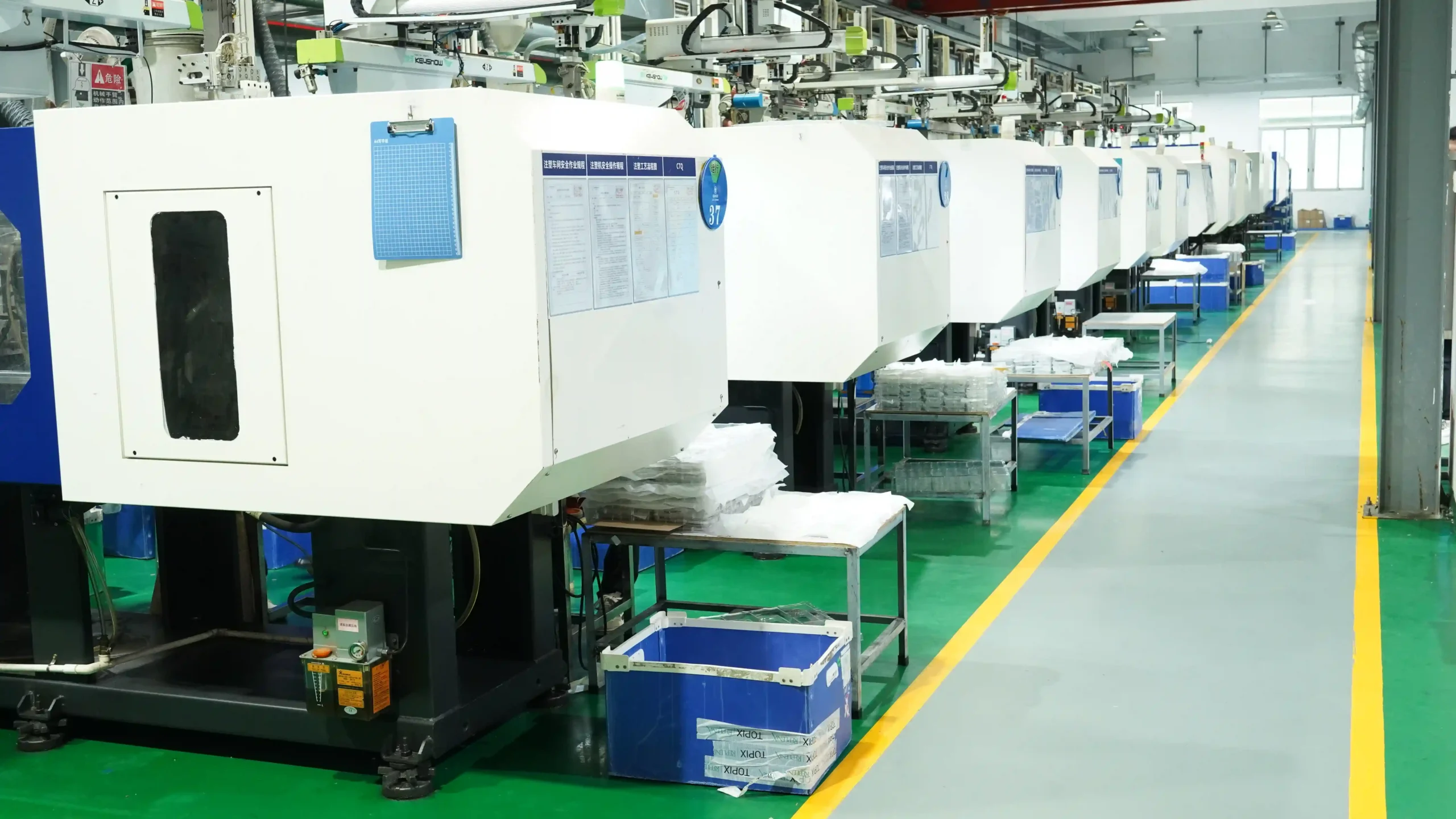In today’s era of smartphones, phones have become an essential part of our daily lives. To protect these valuable devices, phone cases have become an indispensable accessory. However, when it comes to selecting a phone case, the choice of material is a crucial decision-making factor. Different materials have their own advantages and disadvantages, so understanding these differences will help us make a wise choice for providing optimal protection and aesthetics for our phones.
Silicone material is a common choice for phone cases. It is known for its softness, durability, and non-slip properties, effectively absorbing shocks and preventing phones from slipping. Additionally, silicone material offers excellent scratch resistance and fingerprint resistance, keeping phones clean and fresh. For everyday use and protection against minor impacts and drops, a silicone phone case is a reliable choice.
Plastic material is also a popular option for phone cases. Plastic phone cases are lightweight, durable, and cost-effective. Different types of plastic materials, such as polycarbonate (PC) and polypropylene (PP), offer good scratch resistance, fingerprint resistance, and shock absorption. Plastic phone cases not only provide good protection but also cater to different users’ personalized aesthetic preferences.
Metal material is a choice for those seeking a high-end texture and stylish appearance. Metal phone cases are typically made of aluminum alloy or stainless steel, offering excellent durability and impact resistance. Additionally, metal materials provide good heat dissipation, effectively reducing phone temperatures. Metal phone cases not only offer superior protection but also showcase users’ taste and individuality.
If you desire a unique style and premium feel, leather material is a great choice. Leather phone cases are typically made of genuine leather or synthetic leather, offering a good texture and durability. Leather material effectively prevents scratches and adds a touch of luxury to phones. Whether in business settings or daily use, leather phone cases add a sense of sophistication and unique style to your phone.
When choosing a phone case material, it is important to consider personal usage needs and preferences. If you prioritize protective performance and durability, silicone or plastic materials may be more suitable. If you value aesthetics and texture, metal or leather materials may be a better fit. Additionally, consider the quality and manufacturing process of the materials to ensure you choose a high-quality phone case material.
In conclusion, choosing the right phone case material is a crucial step in ensuring both protection and personalization for your phone. By understanding the characteristics and advantages of different materials, you will be able to make a wise choice and provide your phone with the best protection and aesthetics. Whether you choose silicone, plastic, metal, or leather, selecting a high-quality phone case material will add a sense of security and personalized style to your phone.



